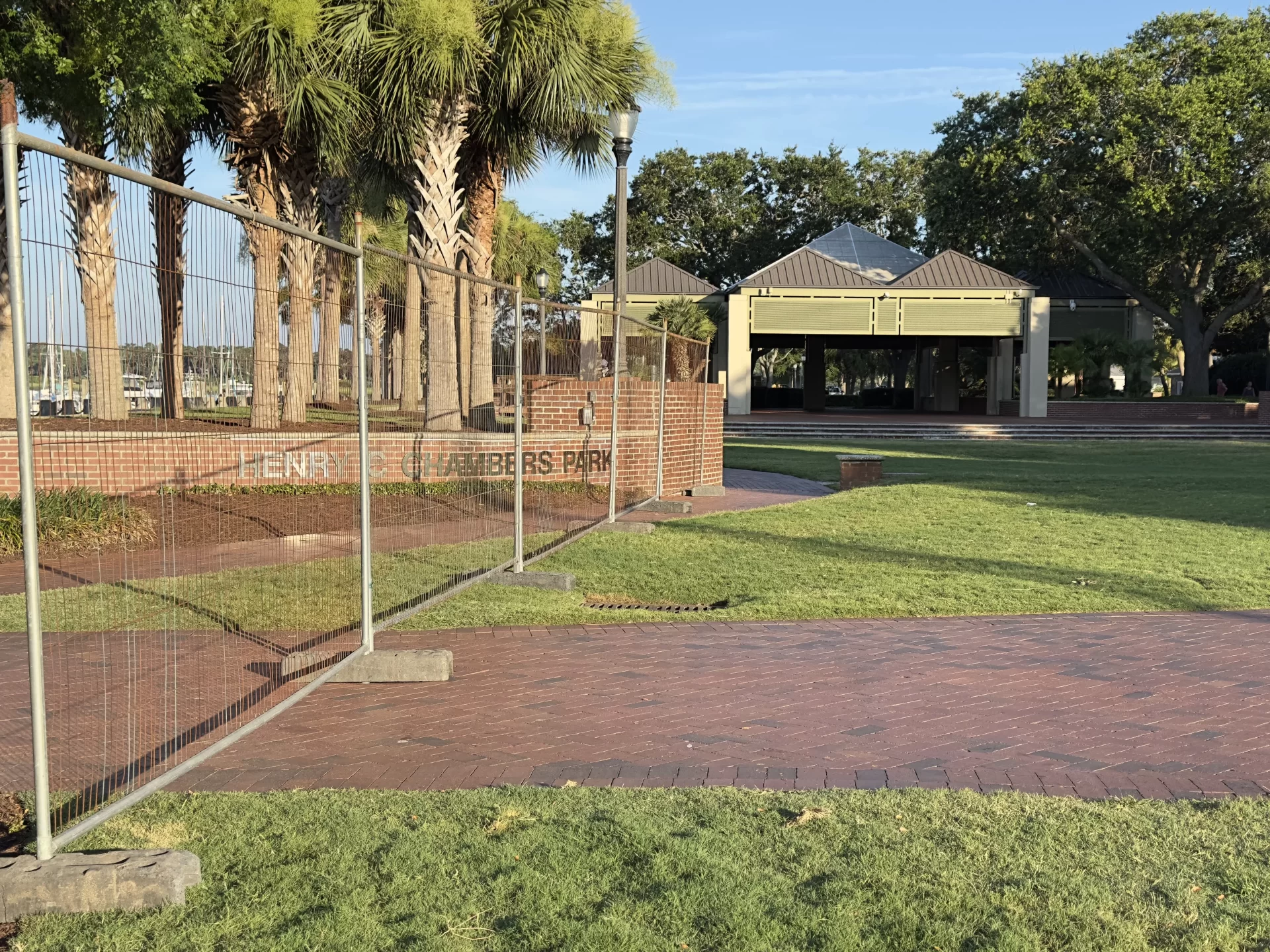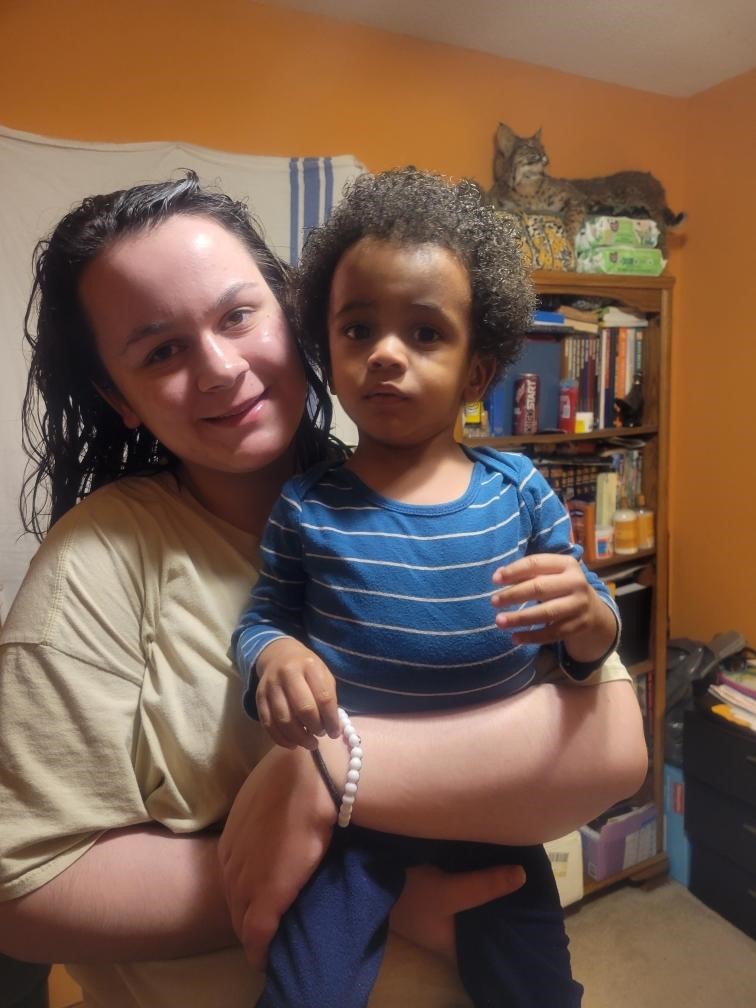
Handle fish with care in hot summer months
Humans and pets aren’t the only ones who need to be wary of heat exposure in the summer months — higher temperatures also put higher stress on wildlife such as fish, according to the S.C. Department of Natural Resources.
This summer, DNR staff is urging anglers to use best practices when catching and handling fish they plan to release, particularly large game fish such as red drum and tarpon. Summertime fishing places greater pressures on fish than in cooler months, making the animals more susceptible to injury and death.
Warmer waters contain less dissolved oxygen, which fish need to “breathe.” When combined with the stress of a rod-and-reel fight, hook wounds and being removed from the water, fish may not survive their catch-and-release encounters with anglers.
The largest game fish are often the most valuable in terms of their ability to produce offspring. The contribution of one large female fish to the future of a population can exceed the contribution made by many smaller female fish. Because many of these fish are hooked multiple times throughout their lives, surviving catch-and-release encounters is critical for healthy fish populations.
“When practicing catch-and-release, anglers should put the same amount of effort into ensuring the healthy release of the fish as they put into catching it,” said Robert Wiggers, DNR’s game fish tagging program coordinator.
Follow these best practices to give large game fish the best shot at survival in the summer months:
• In order to reduce the fight time, use tackle that is appropriately sized for the fish you’re targeting (that is, heavier tackle for large fish).
• Keep fish in the water whenever possible. Handling fish out of water can damage their protective slime coating and distress the animal, making it less likely to survive.
• If you do need to remove a fish from the water, keep the fish in a horizontal position and support its body weight. Never hold a fish in a vertical position.
• Take time to revive a fish by holding it gently in the water, allowing the current to move across its gills, before releasing.
• Rather than hauling a large fish out of the water for a photograph, take pictures of the fish being revived in the water.
Main MCAS Beaufort has been reopened
Following scheduled maintenance to the runway surface, the MCAS Beaufort Runway 05/23 (northeast to southwest) reopened Aug. 2.
The runway maintenance, which began in March, was conducted to repair wear and tear on the landing surface caused by aircraft departures and arrivals, similar to the stress placed on roads from traffic over the years.
This maintenance increases the integrity of the runway surfaces and ensures aircraft will operate on the most stable and structurally efficient runway.
Runway 14/32 (northwest to southeast) was used as the primary runway during the maintenance period and will return to normal flight operations.
Beaufort County libraries launch new website
The Beaufort County Library system has launched a new website, www.beaufortcountylibrary.org. The new site is dynamic, user-friendly and optimized for mobile devices. It is packed full of information about the library system, its services and events.
Users can search or browse through the library’s many events, access their online library accounts, search the catalog, browse the online resources and more.
New Boundary Street intersection opens early
Drivers are asked to use extra care in Beaufort with the opening of a new intersection at Boundary Street and Robert Smalls Parkway.
Motorists are advised to pay attention to the new traffic signals and turn lanes and to be alert to a new traffic signal at Boundary and Polk streets nearby.
County offers free shredding event
The Beaufort County Public Works Department Solid Waste and Recycling Division is offering secure document shredding for Beaufort County residents.
The next shredding event will be held from 9 a.m. to 3 p.m. (or until truck containers are full) on Saturday, Aug. 20, at the Public Works South site located at 9 Benton Field Road in Bluffton.
Any types or colors of paper, file folders or envelopes are acceptable. Staples or paper clips do not need to be removed. Materials can be brought in any container or bag and will be emptied into roll carts for immediate shredding. Only residential quantities will be accepted. No materials from commercial businesses will be accepted. No electronics will be collected at this event.
For more information, contact the Solid Waste and Recycling Division at 843-255-2736 or visitwww.bcgov.net/recycle.
Help needed in ID’ing mosquito-borne disease
The S.C. Department of Health and Environmental Control is seeking the public’s help in tracking the spread of mosquito-borne diseases.
DHEC monitors mosquito-borne disease activity in mosquitoes, humans, birds, horses and other related animals to provide early detection and determine the need for local mosquito-control response and public education.
As part of this ongoing effort, DHEC tracks West Nile virus in birds, West Nile virus and eastern equine encephalitis (EEE) virus in horses and other related animals like donkeys, and a wide variety of viruses in mosquitoes and humans, including West Nile virus, EEE virus, La Crosse encephalitis virus, Saint Louis encephalitis, Zika virus, bunyaviruses and others.
“Our Mosquito-Borne Disease Surveillance Program plays a key role in helping alert us to potential mosquito-borne illness activity across the state,” said Chris Evans, a Ph.D. entomologist with the DHEC Bureau of Laboratories. “Anyone can help us identify and track West Nile virus by submitting dead blue jays, crows, house sparrows and house finches for testing.”
To determine if a virus is present, a test is used to detect genetic material of the virus in the brains of dead birds. In 2015, DHEC tested 31 dead birds from 16 counties, and detected West Nile virus in two birds.
“Mosquitoes feed on the blood of birds carrying West Nile virus and can subsequently spread the disease to people,” said Evans. “The public’s involvement with dead bird surveillance covers a wide area and helps us to identify West Nile virus before it shows up in people.”
Birds that test positive for West Nile virus are reported to local mosquito control agencies so they can take appropriate action to help safeguard the health of local residents.
DHEC is currently accepting submission of birds through Nov. 30. Instructions on how to safely pick up and transport a bird to the closest DHEC local county health department or Environmental Quality Control office is available online at scdhec.gov/birdtesting.






